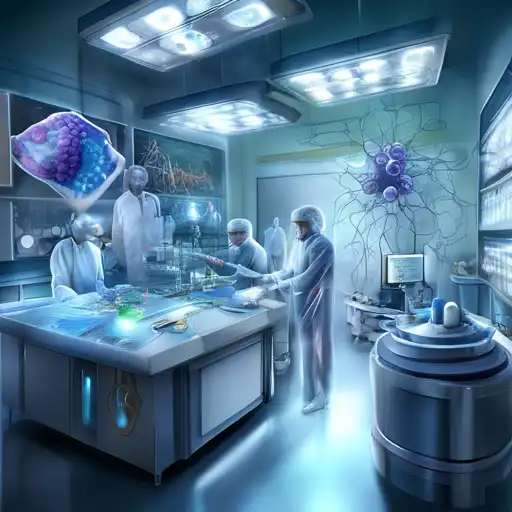Introduction to Nanotechnology in Medicine
Nanotechnology, the science of manipulating matter at the atomic and molecular scale, is set to revolutionize the medical field. With its ability to operate at the same scale as biological molecules, nanotechnology offers unprecedented opportunities for diagnosis, treatment, and prevention of diseases. This article explores the groundbreaking advancements and potential of nanotechnology in medicine.
The Promise of Nanotechnology in Healthcare
Nanotechnology in medicine, often referred to as nanomedicine, involves the use of nanoparticles to deliver drugs, heat, light, or other substances to specific cells in the body. This precision targeting minimizes damage to healthy cells and maximizes the therapeutic effects, offering a new horizon in treatment methodologies.
Targeted Drug Delivery
One of the most significant applications of nanotechnology in medicine is targeted drug delivery. Nanoparticles can be engineered to seek out and bind to specific cells, such as cancer cells, and deliver medication directly to them. This method reduces the side effects associated with traditional chemotherapy and increases the efficacy of the treatment.
Early Diagnosis and Detection
Nanotechnology also plays a crucial role in the early detection of diseases. Nanosensors can detect biomarkers at very low concentrations, enabling the diagnosis of diseases like cancer at an early stage when they are most treatable. This early detection could significantly improve patient outcomes and survival rates.
Challenges and Ethical Considerations
Despite its potential, the integration of nanotechnology into medicine faces several challenges. These include technical hurdles, such as the difficulty in manufacturing nanoparticles at scale, and ethical concerns regarding privacy and the potential for misuse. Addressing these challenges is essential for the successful adoption of nanomedicine.
Regulatory Hurdles
The regulatory landscape for nanotechnology in medicine is still evolving. Ensuring the safety and efficacy of nanomedicine products requires the development of new testing and approval processes. Collaboration between scientists, regulators, and policymakers is crucial to navigate these challenges.
The Future of Nanotechnology in Medicine
The future of nanotechnology in medicine is bright, with ongoing research exploring its applications in regenerative medicine, vaccine development, and beyond. As we overcome the current limitations, nanomedicine could become a cornerstone of modern healthcare, offering personalized and precise treatments for a wide range of conditions.
For more insights into the future of healthcare technology, explore our articles on Future Health Tech and Personalized Medicine.
Conclusion
Nanotechnology in medicine represents a paradigm shift in how we approach disease treatment and prevention. With its ability to target diseases at the molecular level, nanomedicine offers hope for more effective and less invasive treatments. As research progresses, the potential applications of nanotechnology in healthcare are only limited by our imagination.
